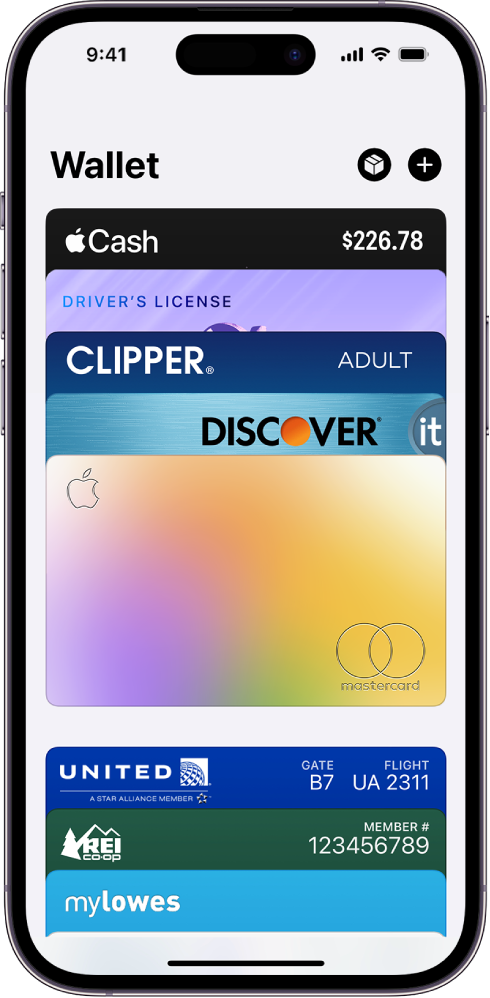
Apple's Pay-Off: Opening Up Tap-and-Go to Rivals in EU Antitrust Win
EU Antitrust Win And The Revolutionary Apple Payment System: Unleashing Tap-and-Go To Rivals !
Apple’s grip on mobile payments is loosening in Europe, with the tech giant promising to open up its Apple Pay system to rivals. This move comes as a response to an antitrust investigation by the European Union, which accused Apple of abusing its dominant market position. The potential consequences? A hefty fine in the billions and a reshuffling of the mobile payments landscape.

What’s the Score? Apple’s Proposed Playbook:
- Third-party access: Apple is offering mobile wallet and payment service providers the ability to integrate their contactless payment functionality within iOS apps. This means users could potentially pay through apps like Google Pay or Samsung Pay directly on their iPhones.
- A decade of change: The proposed commitment stretches for ten years, impacting not just rival payment providers but also iOS users across the EU and beyond (including Iceland, Norway, and Liechtenstein).
- Separate but equal? Users will still have access to Apple Pay, but they’ll also have the option to choose alternative payment methods within other apps. This creates a more competitive environment and potentially gives users more control over their payment choices.

Why This Matters: A Ripple Effect Beyond Europe
The EU’s antitrust action against Apple isn’t just about Europe. It sets a precedent for other regions and could have a domino effect on the global mobile payments market. Here’s why:
- Global reach, global impact: Apple’s iOS market share is significant worldwide, and its decision to open up its NFC technology could have ripple effects beyond the EU. Other regions with strong antitrust stances, like the US, might take notice and follow suit.
- Boosting competition: Increased competition in the mobile payments space could lead to better deals and more innovative solutions for consumers. Smaller players could gain a foothold, and established players might be forced to improve their offerings.
- Privacy concerns: Apple’s control over user data within its walled garden has been a point of contention for privacy advocates. With more payment options available, users might have more control over their data and how it’s used.

Apple Payment System: The Road Ahead: What’s Next for Apple Pay?
Apple’s proposed concessions are still subject to EU approval and feedback from stakeholders. The coming months will reveal whether the EU deems Apple’s offer sufficient to address its antitrust concerns.
Regardless of the outcome, one thing is clear: the mobile payments landscape is changing. Apple’s dominance is facing a challenge, and consumers stand to benefit from increased competition and choice.
Stay tuned for further updates on this developing story, and be sure to explore the “apple payment method” keyword for more insights on the evolving world of mobile payments.
Source: The Associated Press
Apple Loses Watch: Smartwatch Sales Halted in US After Patent Dispute!





